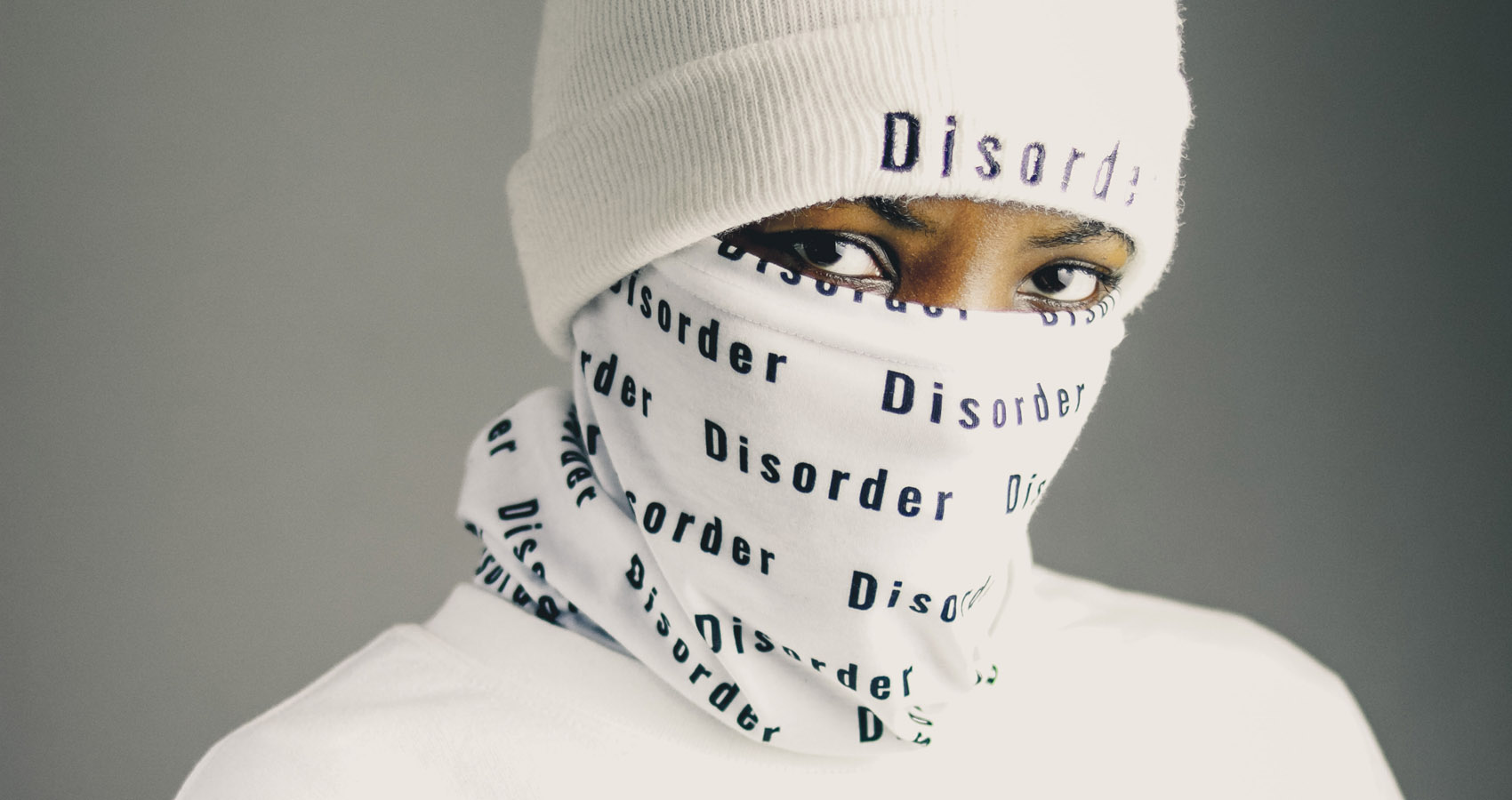
What Are The Symptoms of OCD?
Obsessive Compulsive Disorder.
About 10 million people in the U.S. suffer from obsessive-compulsive disorder. In this chronic mental health condition, individuals suffer from comapulsions, obsessions, or in a few cases, both. OCD isn't just about bad habits like nail-biting or negative thoughts. It's about being obsessed with a simple thought, such as whether certain colors are good or bad.
It's common to have superstitions, such as knocking on a piece of wood or triple-checking before going to bed to see if the doors are locked. These practices don't suggest you've OCD, as they may give you a sense of security.
On the other hand, these habits aren't just a personal choice for a person with Obsessive Compulsive Disorder. Their behavior and thoughts make their everyday actions more difficult. They know these actions are illogical but are still forced to act on them.
Types and Symptoms of OCD
Obsessive Compulsive Disorder is generally categorized by two symptoms - intrusive thoughts and compulsive actions. If these symptoms cause you distress or take up much of your time, there's a possibility that you're suffering from this disorder.
Typically, there's no specific type of obsessive-compulsive disorder. It's the symptoms that are categorized, and that can then be described as the types of OCD. They are classified according to the similarity of thoughts and actions that the Individuals may suffer from.
1. Sexual OCD
Sexual OCD is a mental disorder in which a person has intrusive thoughts, images, or beliefs about sexuality. Recent research shows that about 24% of people who've OCD have these types of thoughts and ideas. These obsessions can occur in both men and women.
People who suffer from sexual OCD may be hesitant to engage in intimate relationships. These obsessive thoughts can cause anxiety, fear, and distress in them. These thoughts aren't fantasies but focus on the fear of perversion.
Symptoms of Sexual OCD
Here are some symptoms that may occur in people suffering from sexual OCD.
- Fear of committing a horrible sexual act.
- Severe fear of being sexually attracted to a family member, an animal, or an inanimate object.
- Fear of becoming violent during sex.
- Intrusive thoughts, ideas, or images of heinous sexual acts with undesirable beings, such as animals or children.
- Avoiding sex to avoid harming their partner.
- Avoid circumstances where they might have to interact with subjects of their intrusive thoughts.
- Mentally reviewing actions for signs of perversion.
- Performing mental rituals to replace the unacceptable sexual thoughts.
2. Harm OCD
Harm OCD is a type of disorder that causes intrusive thoughts and fears of causing harm to others. Individuals doubt whether they have control over themselves and whether they could become violent in a situation. These obsessive thoughts can distress a person suffering from Harm OCD and cause them to question all of their intentions.
People suffering from Harm OCD may try to avoid situations that could trigger their thoughts or behaviors. Unfortunately, avoiding thoughts can only reinforce the vicious cycle of OCD.
Symptoms of Harm OCD
Here are a few symptoms that may occur in people suffering from Harm OCD.
- Intense fear of committing a violent act.
- Fear of one day snapping out and hurting a loved one.
- Fear of giving into a violent urge and hurting someone without knowing it.
- Fear of stabbing or killing a person.
- Keeping a check on the people around you to make sure you haven't hurt anyone.
- Asking others to make sure you haven't done any harm.
- Avoiding situations that might trigger your thoughts.
- Staying away from pens or sharp objects such as knives or scissors that you could use to hurt someone.
3. Contamination OCD
Contamination OCD is a subtype of this mental disorder in which a person may have intrusive thoughts and be obsessed with contracting a disease. People are afraid of germs and contamination and may also fear spreading germs to their loved ones.
People suffering from Contamination OCD may suffer from severe anxiety and stress. They frequently wash their hands or avoid crowded rooms to relieve their distress. Additionally, they preoccupy themselves with thoughts about illness and germs.
Symptoms of Contamination OCD
Here are some symptoms that may occur in people suffering from Contamination OCD.
- Fear of getting sick, getting cancer or contracting STDs.
- Fear of dirt, germs, and toxins.
- Extreme fear of getting sick.
- Fear of passing germs or other contaminants to their loved ones.
- Fear of body fluids such as saliva, blood, or semen.
- Frequent changes of clothing.
- Repeated hand washing and showering.
- Throwing away items you think are contaminated.
- Excessive research on germs and the infections they can cause.
- Scraping the skin if you think it may be contaminated.
4. Scrupulosity OCD
Scrupulosity OCD is a type of mental disorder in which a person suffers from intrusive thoughts and compulsive behavior centered on their religion and morals. It's commonly known as religious or moral obsessive-compulsive disorder.
These unwanted thoughts, images, or urges can cause a person to feel significant anxiety and guilt. People suffering from religious OCD may try to relieve their anxiety through compulsive behaviors such as excessive praying. This reinforces the cycle of OCD and may worsen the anxiety or distress in the longer term.
Symptoms of Scrupulosity OCD
Here are a few symptoms that may occur in people suffering from Scrupulosity OCD.
- Intrusive thoughts or fears of sinning.
- Fear of going to hell or being damned forever.
- Fear of not praying correctly.
- Fear of not being able to pray enough.
- Extreme fear of losing touch with God or losing faith.
- Fear of doing or saying something that might disrespect God or another religious figure.
- Excessive engagement in religious activities.
- Confessing to sins excessively.
- Compulsively washing or cleansing oneself.
5. Symmetry OCD
Symmetry is a typical form of obsessive-compulsive disorder in which people can become obsessed with the position and arrangement of certain objects. They may feel anxious or worried if the objects around them aren't adequately aligned or appear incomplete. Symmetry OCD may interfere with their daily life, such as having difficulty writing.
People with symmetry OCD spend a lot of time rearranging objects around them. They may have to rewrite handwritten papers repeatedly to ensure their letters are in the perfect shape. This behavior pattern can be frustrating for them and their loved ones.
Symptoms of Symmetry OCD
Here are some symptoms that may occur in people suffering from Symmetry OCD.
- Severe fears of asymmetry.
- Extreme need for balance, such as walking across the same path or putting the same pressure on each foot.
- Fearing that something terrible would happen if an object is out of balance at home or work.
- Rewriting letters and words until they look symmetrical.
- Wanting to write the same number of words on each line or page.
- Arranging their clothes or shoes in a certain way.
How Can OCD Symptoms Be Treated?
People diagnosed with obsessive-compulsive disorder often struggle to manage their symptoms and lead an everyday life. Regardless of their thoughts and behaviors, one can treat any type of OCD with therapies and proper medical care. If you suffer from any of the signs mentioned above, you should seek help from an experienced therapist.
Usually, an individual can treat the symptoms of OCD with the right mix of medication and psychotherapy. If you identify the cause and dedicate yourself to treatment, you can successfully manage your symptoms and get your life back on track. While medications help relieve your symptoms, therapies can help you control your unwanted thoughts.
Most therapists will recommend cognitive behavioral therapy or exposure and response prevention. These strategies help you manage your emotional stress and relax better.
Living with OCD Symptoms
There is no perfect cure for OCD. A combination of medications and behavioral therapies may help you manage or minimize your symptoms, but there's no guarantee that it'll make them go away. The help of an experienced therapist can be beneficial. They can help you manage your symptoms and teach you how to live with your OCD.
Talking to your loved ones about your thoughts or fears can be difficult. But isolating yourself and avoiding your friends and family will only worsen it. You should take your own time to accept your condition and then seek support from your loved ones.











